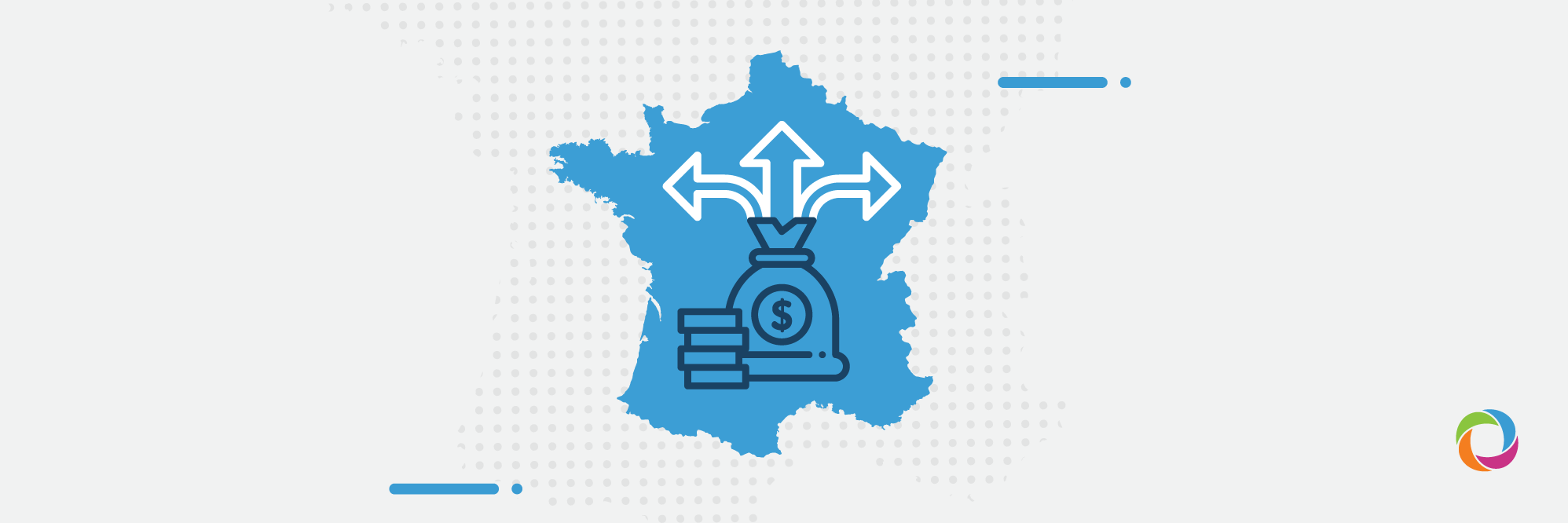The French government wants to reform its development assistance by increasing its foreign aid budget, targeting it to strategically important countries, and focusing on grants rather than loans. The initiative also adds more accountability for the spending, by the creation of an independent evaluation commission.
The new bill which proposes a progressive rise in the level of development aid was voted by the National Assembly on March 2, 2021, before it was considered by the Senate. Last December, the government began the accelerated procedure of this initiative that was initiated by President Manuel Macron. His cabinet insists that the bill should be adopted this summer.
The bill aims to increase spending on development aid to 0.55% of the French GNI by 2022 and to 0.7% of GNI by 2025, thereby reaching the OECD target of official development aid. Macron stressed that increasing development aid funding is especially important now as many developing countries have been seriously hit by the pandemic and the additional funds will offer a chance to balance inequalities.
Paris wants to enhance its influence in a similar approach to the way in which Beijing channels aid to those countries that China wants to keep within its sphere of influence.
The government also highlighted that by boosting development aid it aims to achieve certain particular goals too. The additional funds should serve to fight against poverty and the effects of climate changes, support local healthcare systems and education, and strengthen gender equality.
However, France, unlike China, will base its development aid on donations rather than loans. The French government believes that granting a loan, even on preferential terms, does more harm than good as it simply creates spiraling debt in poor countries leading to them having to constantly pay off debts rather than developing.
The project offers a mechanism that will show whether funds have been spent effectively and measure the transparency of expenditures and therefore the creation of an independent evaluation commission attached to the Court of Auditors has been proposed. According to the new bill, every year the government will be required to prepare a special report to present to parliament to assess whether development aid goals have been achieved and what the impact of the channeled funding was.
At the moment, France spends 0.44% of its GNI on development aid. In 2019, this amounted to €10.9 billion and in 2020, €12.8 billion making France the fifth largest donor amongst the OECD countries after Japan, the UK, Germany, and the US. In 2019, the three top recipients of bilateral ODA were Côte d’Ivoire (€326 million), Cameroon (€268 million), and Morocco (€250 million) while in 2018 the three main recipients of bilateral and multilateral ODA combined were India (€414 million), Colombia (€385 million) and Turkey (€346 million).

